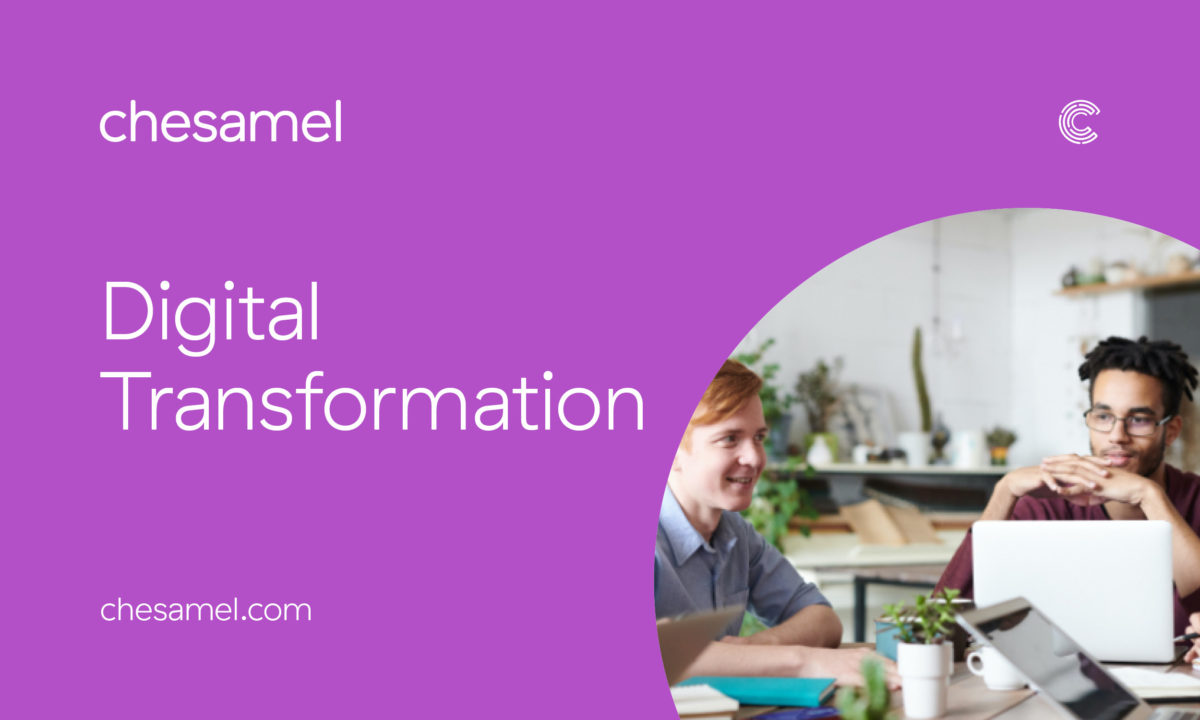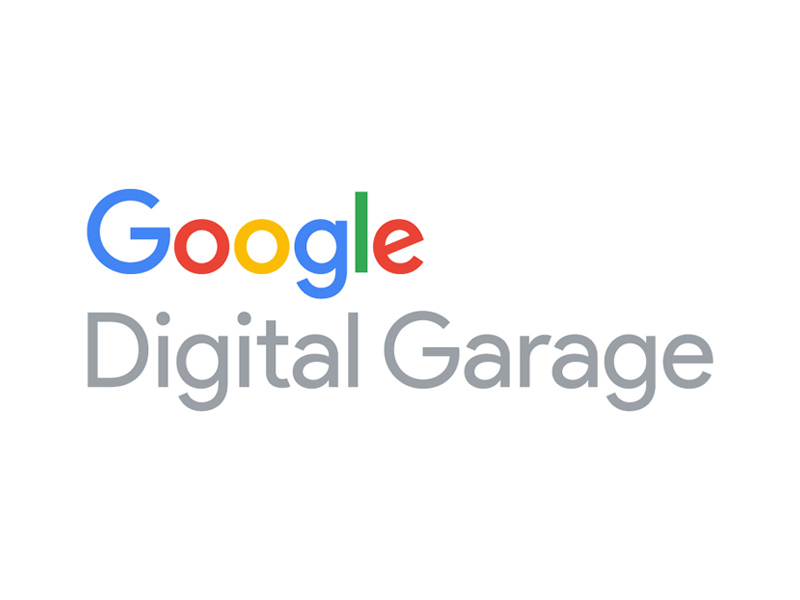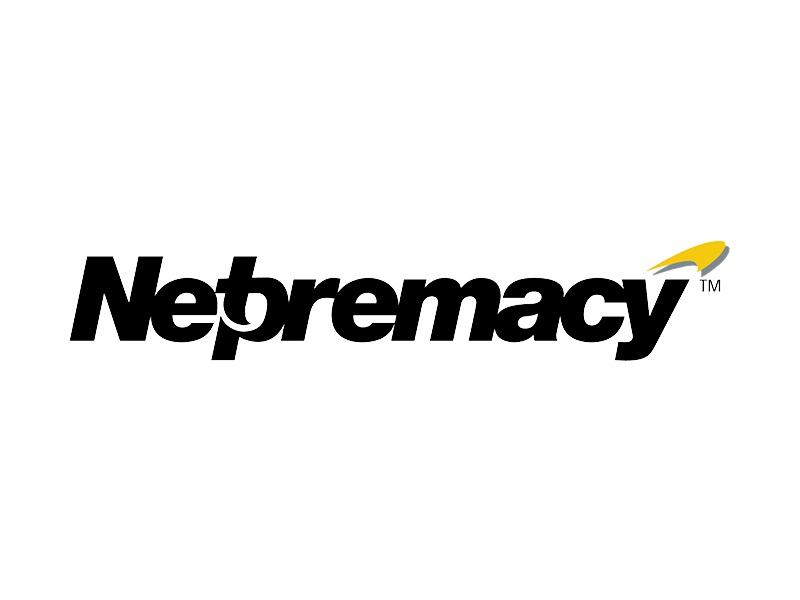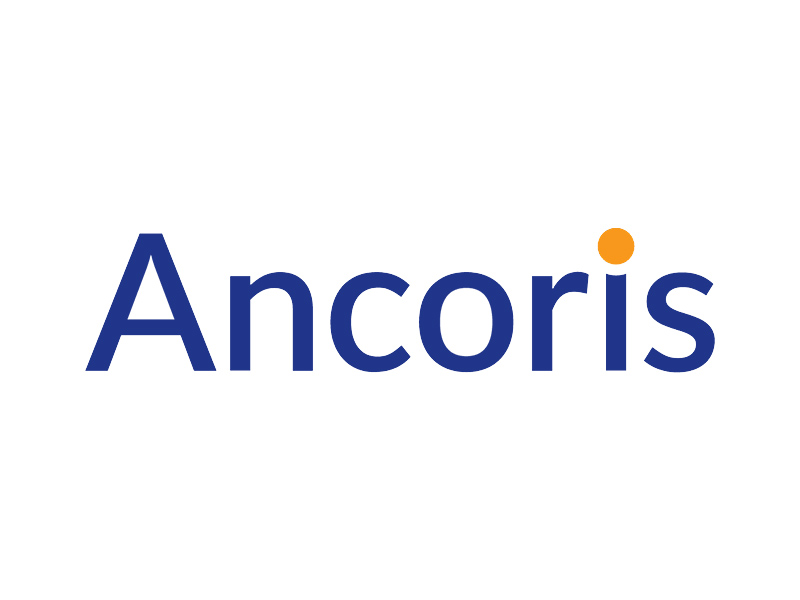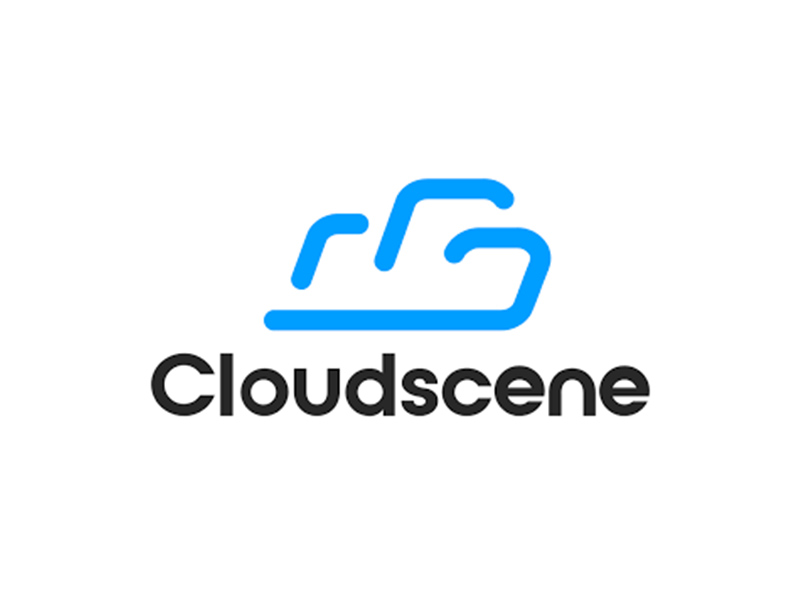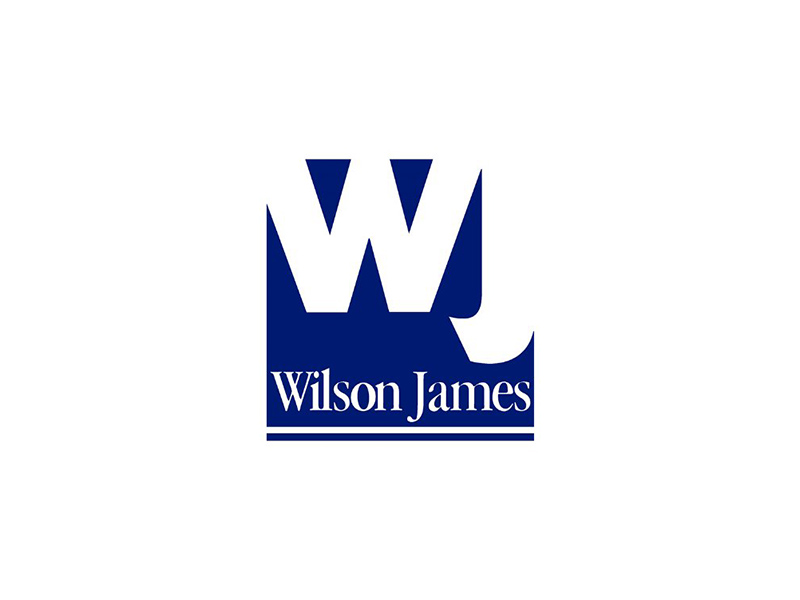Deserted workstations and checked-out employees; a wartime trench, devoid of morale or drive. Can you see it? Now, what if the antidote to this workplace ailment was as simple as fostering engagement?
Recent studies suggest that nearly 85% of global employees report feeling disengaged at their workplace, a hard reality of many contemporary offices.
This isn’t merely about better coffee in the break-room or casual dress down Fridays, but leveraging employee engagement as the secret catalyst that can propel a team to outrageous productivities and heights. At Chesamel we work hard to spark the ignition for a future where your workforce isn’t just occupied, but passionately involved.
Understanding Employee Engagement in a Progressive Workplace
The term “employee engagement” may sound like a HR buzzword, but its implications for organisations are profound.
According to a Gallup report, managers are responsible for 70% of team engagement. Since 2020, Gallup has trained more than 14,000 managers, an action that decreased employee turnover by 21-28%, while the likelihood of high performance increased by 28% among the managers’ team members.
But in a post-pandemic world, engulfed by remote working and flexible working hours, it demands a more holistic approach to engagement. Back in the day, engagement was largely driven by face-to-face interactions, team building activities, and extrinsic rewards. However, today, employee engagement involves factors beyond just job satisfaction and benefits. It includes components like:
- Work-life balance
- Organisational culture
- Personal growth opportunities
- Transparent communication
- Meaningful work
Also, technology in the form of digital engagement platforms, collaboration tools, and more have emerged as pivotal players in fostering engagement. Google Cloud, for instance, stands out as a leader for an innovative suite of tools, exemplifying how leveraging technology can transform the workplace into an engaging environment, meeting the needs of employees. Duet AI for Google Workspace, Chrome Enterprise or AppSheet Automation are only a few of many collaborative tools offered by Google Cloud, improving efficiency and productivity. The current workforce, particularly millennials and Gen Z, seek more than just a paycheck from their jobs; they desire purpose, passion, and a sense of belonging.
Navigating through these changes and instilling engagement in today’s highly dispersed and diverse workforce has been a challenging yet crucial endeavour for organisations.
Strategies to Enhance Employee Engagement in a Progressive Workplace
We have discovered three prominent strategies to enhance employee engagement which you can start actioning in your organisation. The first revolves around a development workplace culture.
Implementing a Development Culture for Employee Growth
A development culture is a dynamic environment that promotes employee growth and facilitates employee engagement. It’s a workplace where continuous learning is encouraged, creating an atmosphere that motivates employees to improve their skills and grow professionally. This not only retains talent but also drives productivity.
An effective development culture ensures that opportunities are equally distributed, constraints are eliminated, and resources are updated regularly. Employees are given the permission to learn and grow, fuelling engagement, loyalty, and productivity. Developing this culture involves understanding the individual aspirations of employees and aligning them with the company’s goals.
Regular training, workshops, mentorship programmes can be incorporated in the company culture. Immediate performance feedback sessions can enable employee learning. Each of these practices can help in creating a development culture, nurturing both the individual and the organisation’s growth.
We are excited to share our commitment to continuous growth and development within our organisation. In response to valuable feedback from our dedicated employees, Chesamel is amplifying its initiatives aimed at enhancing skills vital to our collective success. In the coming months, we will be rolling out new training programs focused on strategic planning, product training, and public speaking.
The Power of Recognition and Rewards in Employee Engagement
Recognising employees for their contributions, involvement and enthusiasm provides a sense of belonging, which in turn increases motivation and drives productivity.
A well-planned recognition and reward system can be a transformative tool in managing employee engagement. It should involve tangible benefits like bonuses and also intangible benefits like personal acknowledgements or awards. It needs to be consistent, unbiased, and performance-driven.
Moreover, recognition should not only be top-down from the management but also peer-to-peer. Employee reward & recognition platforms like Employment Hero can be good facilitators. The important point is to ensure that employees know their contributions are valued and important to the success of the company.
The Importance of Communication and Transparency in Employee Engagement
Clear and well-informed communication makes employees feel included and valued. It is the key to creating alignment between employees’ daily tasks and the company’s overall objectives.
With technology and numerous communication tools at our disposal, thoughtful and proactive communication has become feasible. However, communication should not just be a one-way street; a healthy workplace encourages open dialogue and actively solicits feedback from employees.
A constructive feedback loop and an open work atmosphere are tools that can be used to foster communication and transparency in an organisation. With it, companies not only increase employee satisfaction but also boost productivity.
The Future of Employee Engagement: A People-Centric Shift
There’s an inevitability in the shift towards a people-centric engagement approach. Rather than focusing on mere productivity, there’s now a growing recognition of the need to prioritise employee well-being and involvement. This major shift underpins the belief that when employees feel valued and involved, productivity will automatically follow.
In tandem with this people-centric shift is the integration of technology, which in some cases can work hand in hand to enhance employee engagement. For example, AI-driven engagement tools are enabling real-time feedback and dynamic interactions between employees and management.
Examples of such tools include Leena AI, an AI-powered employee experience platform that offers personalised responses and insights to employee queries, and Trenario, which uses AI to create interactive, scenario-based training experiences. Another innovative tool is Humu, which leverages behavioural science and AI to nudge managers and employees towards better work habits.
Sustainability and social responsibility are also becoming integral to engagement strategies. Take for example Patagonia, whose adoption of a new ownership model underscores its unwavering commitment to environmental responsibility. Employees increasingly value purpose-driven work that aligns with their personal values and the broader societal and environmental goals. By focusing on regeneration and environmental stewardship, Patagonia has managed to empower employees to find purpose in their work, fostering engagement and a sense of pride. Companies are responding by embedding these values into their corporate culture and engagement initiatives.
Mondelēz International is another notable example. Known for its snack brands like Ritz and Toblerone, Mondelēz has committed to protecting the planet and respecting human rights across its value chain. A key initiative is their $400 million investment in the Cocoa Life program, partnering with cocoa farmers to support sustainable business models and environmental conservation.
If you’re looking to develop practical knowledge in sustainability and social responsibility, Chesamel now offers education and certification, in partnership with the Corporate Governance Institute, in corporate governance and ESG to aspiring and existing managers around the world. You can find out more about it here: https://https.chesamel.com/cgi-diplomas
Harnessing the Power of Employee Engagement in 2024
To foster a productive workforce in today’s work environment, strategies such as effective communication, offering professional development opportunities, recognition of employees, and nurturing a positive office culture are imperative. These elements ignite engagement, promote satisfaction, and spark productivity.
Now, imagine your workplace buzzing with enthusiastic, motivated, and engaged employees all thriving in their roles. This vision can be your reality. Don’t wait – start developing a culture that values and promotes employee engagement.
If you need a supportive partner to help you get there, Chesamel offers agile workforce solutions as a unique blended service. This includes getting under the skin of your business to understand your organisation and its people, giving insights into what’s working and where the gaps are, to deliver a tailored blended solution that works for you.
If you’d like to know more about how our workforce solutions could help your business, get in touch for a conversation.






